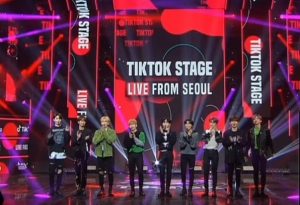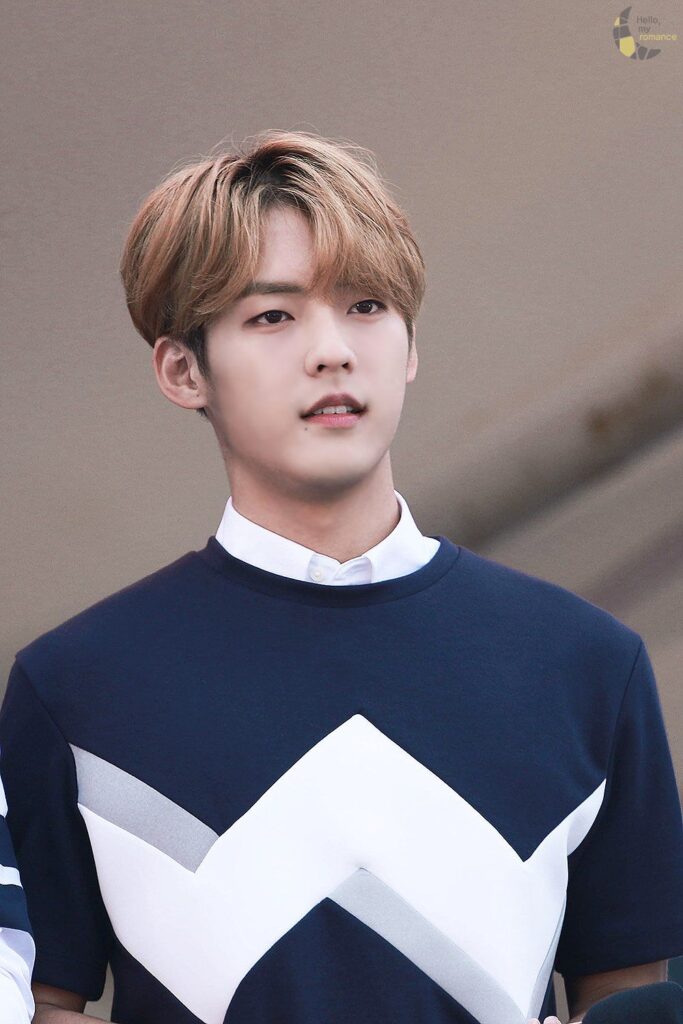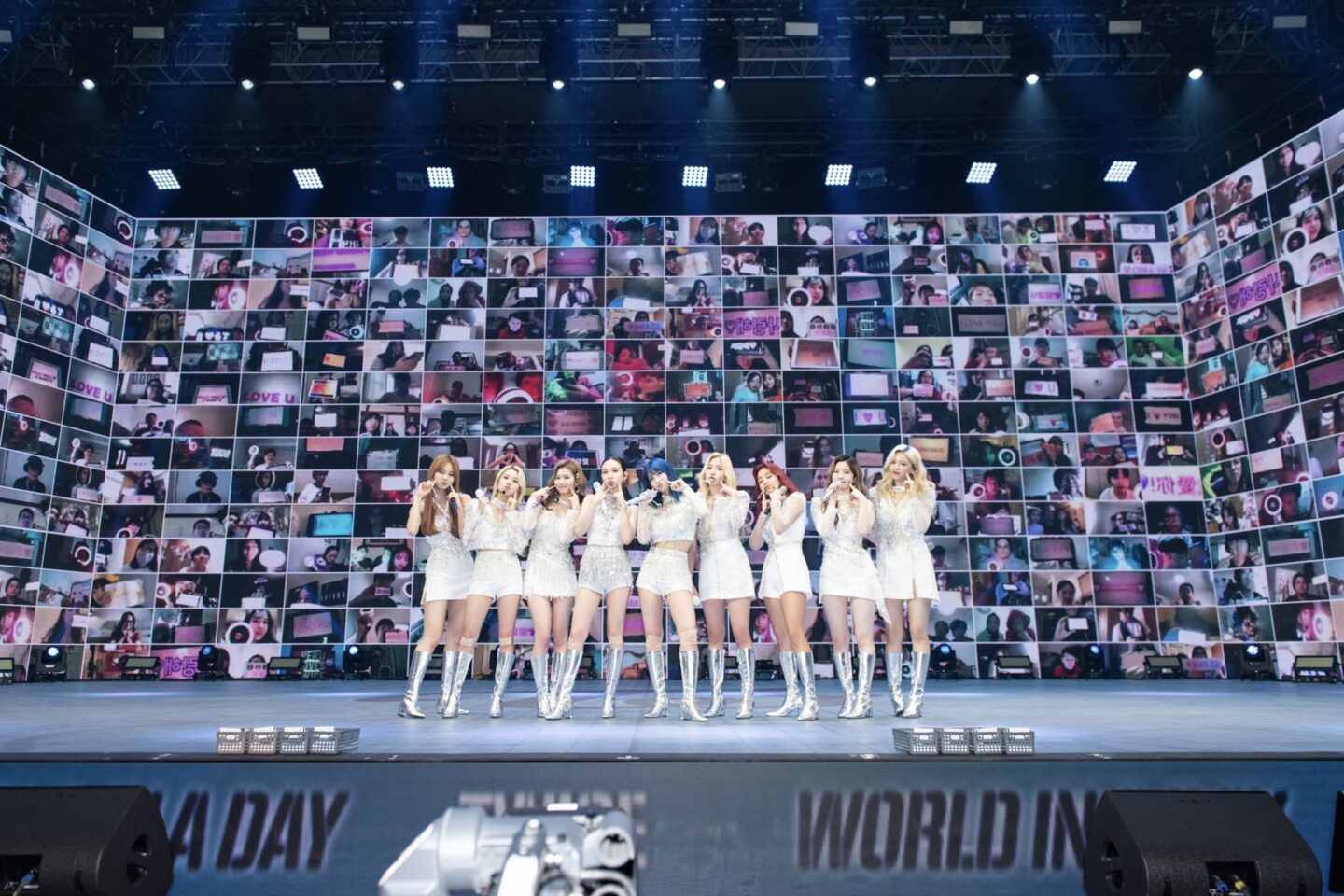
The South Korean entertainment scene is currently experiencing the highest number of Covid-19 cases since the beginning of the pandemic more than a year ago. Over the last few weeks, several celebrities including BtoB’s Minhyuk, model Han Hye-jin, Exid’s Hani and actor Ji Chang-wook have been diagnosed with the virus despite working under fairly strict measures. This has had a number of consequences: groups like Seventeen had to cease promotions and go into self-quarantine; filming and events had to be canceled or postponed; and events that were initially planned to be in person were moved back to online formats.
The rising numbers in Korean entertainment correlate with the high numbers in South Korea; the country is currently recording the highest numbers in over six months. The highly infectious Delta variant is likely responsible for the accelerated spread of the virus. The government, which earned worldwide acclaim for its well-coordinated response to the pandemic, is seeking to reduce numbers through firm restrictions; Seoul is currently at the strictest possible level of regulations. The new wave of the pandemic is affecting Korean entertainment in a notably stronger way than it did during the first outbreak in 2020.

How has K-pop handled Covid-19 so far, and how can the scene adapt to the current situation? The sudden outbreak in 2020 forced Korean entertainment to take preventive measures as gatherings became impossible. As a result, almost all events such as concerts and fansigns were moved to online formats, an adjustment that is working surprisingly well. But while bigger companies continued to generate strong earnings through ticket and merch sales, the same can’t be said for small companies. For them, offline events such as festivals are compulsory profits and their cancellation has forced several groups to disband.
The strong emphasis on Covid-19 news during this period has also subjected celebrities to heavy scrutiny. Celebrities, in particular idols, who were diagnosed with the virus or had potentially violated rules, faced heavy criticism. Artists including Chungha–who had been in contact with a positive-tested person–and former Kara member Gyuri–who was spotted in a nightclub in Itaewon, where the second major outbreak happened–have since issued formal apologies.

With the rising vaccination rates over the last few months, regulations around the globe have been loosened. This has also been the case in South Korea. Paired with the infectious Delta variant, it comes as no surprise that numbers have risen, including within the Korean entertainment scene. In addition to the above-mentioned personalities, Infinite‘s Sunggyu, Ateez‘s San, trot singer Jang Min-ho, and almost the entire cast of Let’s Play Soccer Together 2 are among the diagnosed names. Staff members have also been tested positive. What becomes clear is that the outbreak is not limited to K-pop and idol activities, but engulfs all fields of Korean entertainment and its working environment.
This poses the question of how more stringent regulations can get, considering they are already fairly tight. Limiting the source of the outbreak to the gathering of people would render the issue too simple. While some stars were indeed infected during filming, some contracted the virus during their everyday life; BtoB’s Minhyuk, for instance, was diagnosed after his vocal coach also tested positive in advance. Ateez’s San also initially tested negative, only to test positive shortly afterwards, but was completely asymptomatic. Therefore, stricter constraints might not reduce numbers necessarily. What one year with the virus has taught us is that it remains unpredictable. Even under extreme regulations, it finds a way to spread. Stopping all kinds of activities, shows and filmings completely is simply not possible; Korean entertainment is after all an economic institution that employs dozen of people.

With news of diagnosed celebrities coming in every other day, the media has become less condemning in its coverage. Several factors contribute to this; Covid-19 cases have become more common over the span of a year, and many countries have gradually adapted to life with the virus. As a result, it is not as sensational as it used to be, and the media is subsequently covering other topics. This does, however, not solely apply only to South Korea. Recently, the catastrophes caused by climate change in countries like China and Germany, or the Olympics in Japan, are dominating news coverage. As the pandemic becomes normalised, the changing coverage seems to allow the attention of readers to be directed to other relevant issues happening around the world.
This, in return, poses the question of how strict media in South Korea should be on celebrities, who seem to adhere carefully to the regulations. Celebrities, especially in South Korea, are considered to be role models, and the public can hence be very critical and condemning when these personalities are perceived to have made mistakes. Controversies in South Korea can loom over celebrities’ careers for a long time, but in the case of the pandemic, the media and public no longer seem to be paying as much attention to celebrities that were diagnosed last year. This further shows how normalised Covid-19 has become over the span of a year.
With the rising numbers, several events that were planed offline, have reverted back to online formats to avoid outbreaks. Although vaccination rates in South Korea are expected to rise, it is impossible to predict what the future holds in a world with Covid-19. Therefore, it seems that hybrid formats like a mixture of offline and online will determine the future of K-pop. In the case of variety or dramas, offline filmings are indispensable and online options are unlikely to work in the long run. It is likely that current measures will be retained and conditions will be customized in case of positive cases.
(Hankyoreh, South China Morning Post, Images via ESteem, JYP Entertainment, Cube Entertainment, MNH Entertainment)



